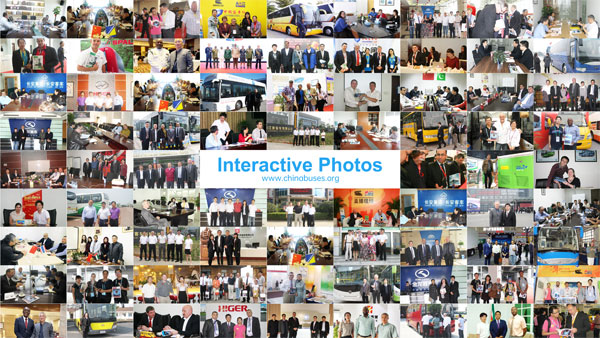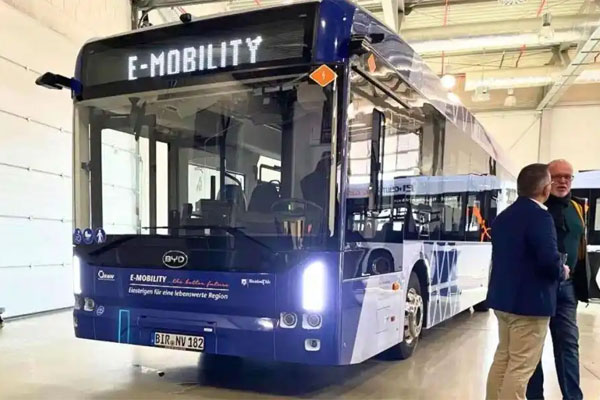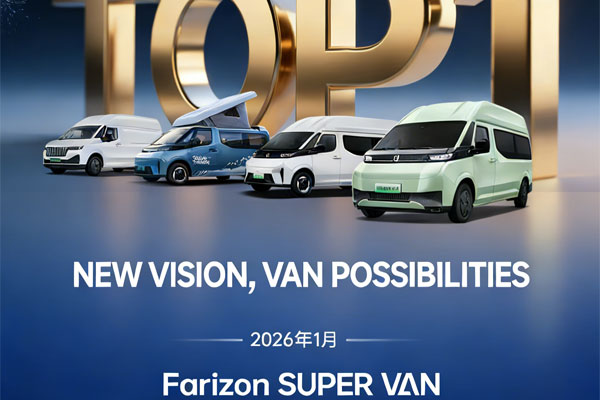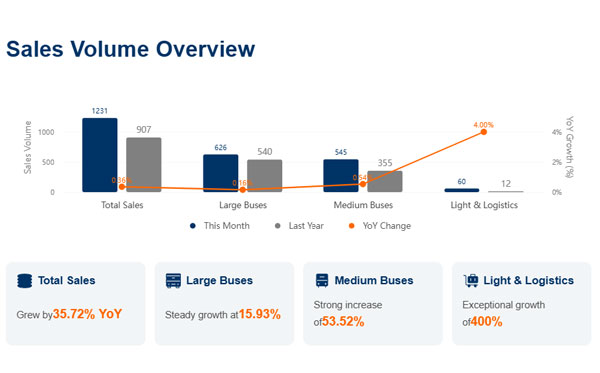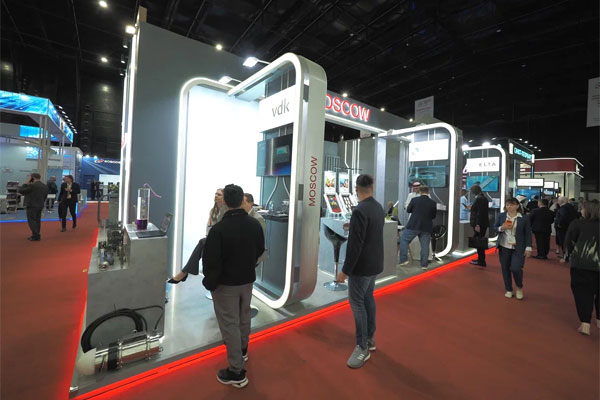TEDA Forum Sends New Signals to China’s Bus Industry
12 September 2017
www.chinabuses.org: On September 9, 2017 International Forum (TEDA) on China’s Automotive Industry Development was held in Tianjin. Over 1,000 experts gathered in Tianjin and exchanged views on the future development of China’s automotive industry. Themed with “New Concept, New Mode”, this year’s forum focused on new energy vehicles (NEVs), the pillar of the new economy.
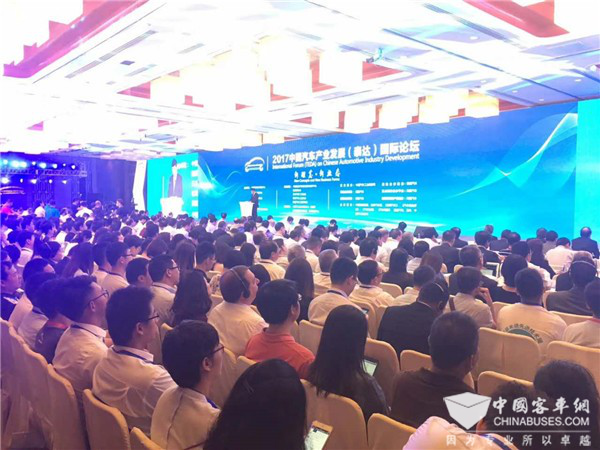
Days of fossil-fueled vehicles are now numbered!
To fulfill their commitment to combating global warming and cutting carbon emissions, some countries like UK, France, Germany and Netherlands have already had a concrete timetable for phasing out fossil-fueled vehicles. Paris Climate Agreement China’s Ministry of Industry and Information Technology (MIIT) has also launched a series campaigns, aiming to promote the sound and sustainable development of China’s automotive industry. “From now to 2025, China’s automobile industry is set to witness dramatic changes”, said Xin Guobin, vice minister of MIIT.
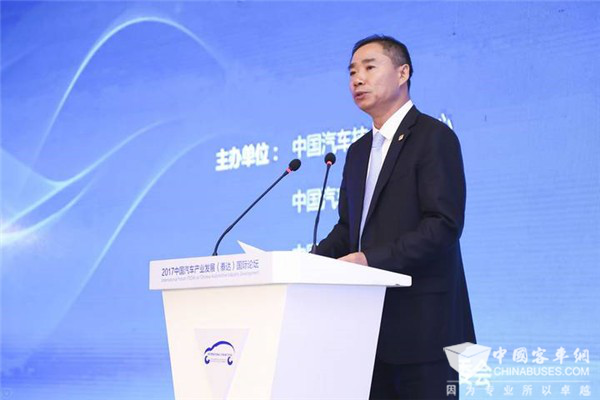 Xin Guobin, vice minister of China’s Ministry of Industry and Information Technology
Xin Guobin, vice minister of China’s Ministry of Industry and Information Technology
Against such a backdrop, developing NEVs is a strategic move made by Chinese governments at various levels. As early as May 2014, Chinese president Xi Jinping called on developing the whole industrial chain of NEVs. Since the, Chinese governments have made a host of favorable policies towards those enterprises involved in manufacturing and operating new energy vehicles. In October 2016, China’s State Council announced that no permission would be given to any new enterprises which specialize in manufacturing fossil-fueled vehicles. This is a huge step forward for China’s NEV industry, demonstrating the nation’s determination to develop environmentally friendly vehicles.
Thanks to the governments’ supports, a number of China’s bus makers, such as Yutong, Zhongtong, King Long and Higer have shifted their attention to developing new energy buses. Some newcomers like CRRC Electric, Zhuhai Yinlong and Nanjing Golden Dragon have been established only to produce new energy vehicles. BYD, another player, has also made impressive achievements, expanding its business from batteries, to new energy passenger vehicles and commercial vehicles.
Along with people’s heightened awareness of environmental protection, many customers have come to favor NEVs, hoping to create a better living environment for people living in the urban areas.
A Duel-Bonus-Point policy is to be rolled out soon!
At TEDA Forum, Xin Guobin also revealed that a duel-bonus-point would be rolled out soon. Businesses involved in manufacturing and operating vehicles, must make all efforts to improve the fuel economy of fossil-fueled vehicles and promote NEVs.
According to the newly released proposal on Administration of the Average Fuel Consumption of Passenger Vehicles and New Energy Vehicle Bonus Point by MIIT, the percentage of NEVs for bonus points set on passenger vehicle companies must reach 8%, 10% and 12% respectively from 2018 to 2020.
At present, Chinese indigenous engine makers are still lagging behind some foreign players. Developing NEVs provides a precious opportunity for China’s automotive industry to compete in the global market.
Concerted efforts must be made to develop fuel cell vehicles
At TEDA Forum, officials from China’s Ministry of Industry and Information Technology (MIIT), National Development and Reform Commission (NDRC), Ministry of Science and Technology, Ministry of Finance and Ministry of Commerce have all shared their views on the impacts of macroeconomic policies on China’s auto industry and they all expressed their strong willingness to support the development of new energy vehicles.
China’s auto industry must overcome its current bottlenecks. “Hydrogen has many advantages compared with other sources of energy and fuel cell vehicles powered by hydrogen will be a key area in the future auto industry”, said Xu Chaoqian, Deputy Director-General of Department of High and New Technology Development and Industrialization of China’s Ministry of Science and Technology.
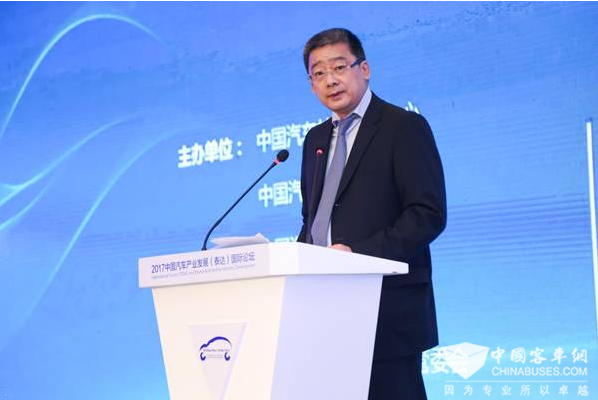 Xu Chaoqian, Deputy Director-General of Department of High and New Technology Development and Industrialization of China’s Ministry of Science and Technology
Xu Chaoqian, Deputy Director-General of Department of High and New Technology Development and Industrialization of China’s Ministry of Science and Technology
In Energy Technological Revolution & Innovation Action Plan jointly released by China’s NDRC and National Energy Administration in 2016, fuel cell technology was one of the key technologies. In Strategic Emerging Industry Development Plan During China’s Thirteenth Five-Year Plan made by China’s State Council in 2016, it was clearly stated that concerted efforts should be made to push forward the development and industrialization of fuel cell vehicles. And by 2020, China will realize mass production of fuel cell vehicles. In Automobile Industry Medium- and Long-term Development Plan jointly promulgated by China’s MIIT, NDRC and Ministry of Science and Technology, developing fuel cell vehicles has been mentioned a number of times.
According Chinabuses.org, Yutong is planning to release its fourth generation fuel cell bus next year. Zhongzhi New Energy will also roll out 50 units fuel cell buses on the market. Youngman fuel cell buses will soon hit the market. SAIC Maxus and SAIC Sunwin are also devoted to developing fuel cell vehicles. To date, a total number of eight fuel cell buses have made their way to China’s New Energy Vehicle Recommendation Catalogue.
All Big Players Have Their Eyes on Smart Vehicles
Wu Wei, Director of Coordination Department of NDRC, pointed out smart vehicles were the inevitable trend for future auto industry. How to promote the development of smart vehicles? Wu offered four suggestions. First, a concrete timetable must be made available to guide the overall development of the industry. Second, talents and optimum resources must be pooled to inject new dynamics for the industry. Third, a number of core technologies, such as LiDar (light Detection and Ranging), high precision sensors, auto chips, cloud technology, and Beidou positioning, which are indispensable for developing internationally competitive smart vehicles, should be given full priorities by the national government. Fourth, policies must be improved and laws must be made to create a conducive environment for innovation.
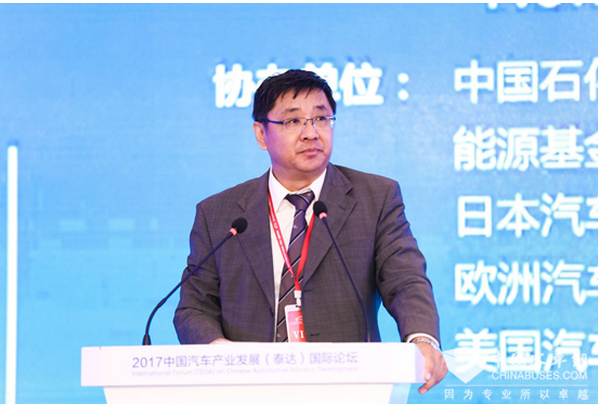 Wu Wei, Director of Coordination Department of NDRC
Wu Wei, Director of Coordination Department of NDRC
As an industry of strategic importance to the national economy, China’s automobile industry can only safeguard the national interests by developing new energy vehicles with smart technologies and cultivating several big players in the global market.
Several bus makers in China have also taken a series of measures and successfully developed a wide spectrum of new energy buses which are globally competitive. Right now, the market is playing an increasingly significant role in driving the emerging industry forward.
2017 International Forum (TEDA) on China’s Automotive Industry Development once again sent strong signals and pointed the way for China’s auto industry. It is clear that the days of fossil-fueled vehicles are numbered. Just as Chinese president Xi Jinping said “Clear waters and lush mountains are the invaluable assets”, developing new energy vehicles is bound to unleash unprecedented innovations and creativity, building new driving force for China’s robust economic growth.
Source : www.chinabuses.org
Views:9227
Tags: China bus TEDA Forum



